Mosquito repellent plants are a great way to keep biting insects from ruining your time outdoors. They also add color and pleasant aromas, offering natural solutions without harsh chemicals. Many of these plants thrive in containers, flower beds, or hanging baskets, giving you plenty of flexible options. Sunny spots and moderate care usually help them flourish, creating overlapping zones of protection in your yard. Their scents and oils confuse mosquitoes, masking the signals that bugs need to find you. Below are nine reliable mosquito repellent plants you can grow to enjoy a more peaceful outdoor setting.
Marigolds: Bright Blooms That Bugs Hate

Marigolds bring eye-catching color to any garden while chasing mosquitoes away with their powerful scent. The distinct compounds in marigold flowers also deter pests like aphids and nematodes. These hardy blooms prefer sunny spots and well-drained soil, making them simple to maintain. Pruning spent blossoms encourages fresh flowers and keeps their pest-fighting properties strong. Plant marigolds near entries, patios, or walkways for a bold protective border. Their cheerful appearance and easy care make them a popular choice among both novice and experienced gardeners.
Lavender: Sweet-Smelling Mosquito Protection
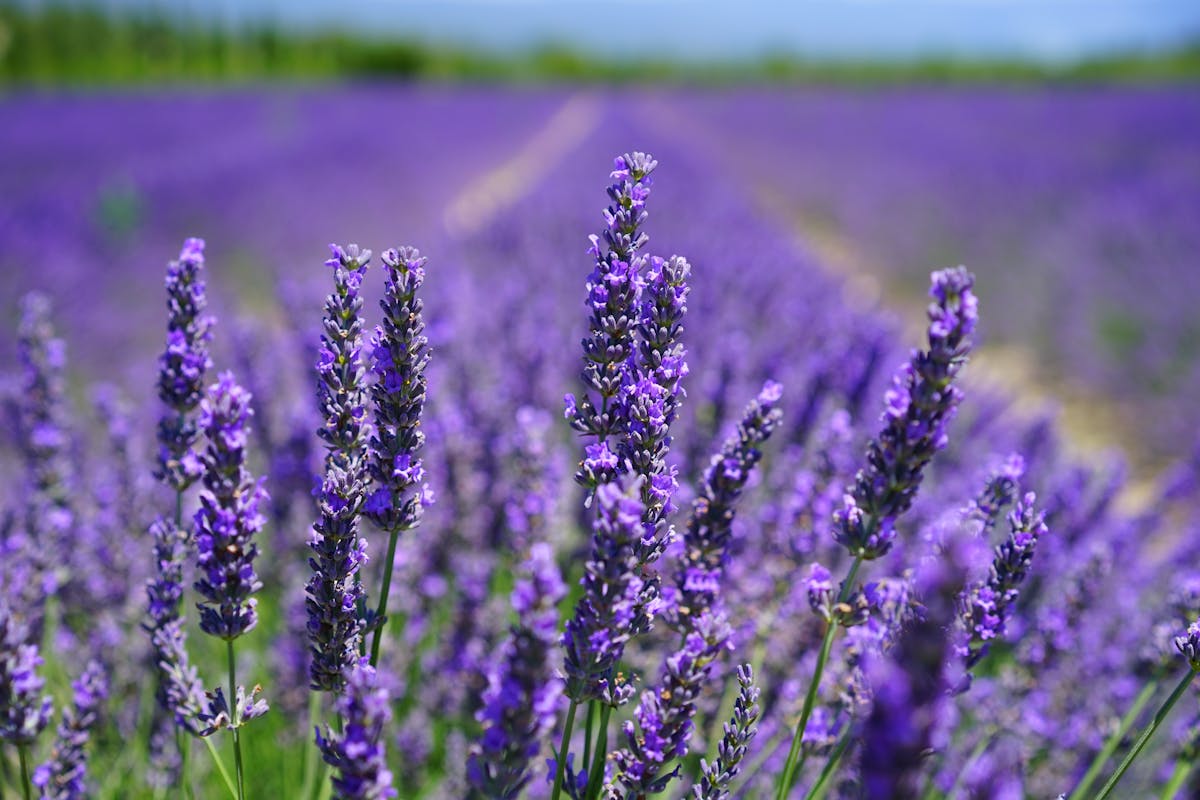
Lavender offers a gentle fragrance that soothes people but repels mosquitoes. Its floral scent disrupts mosquitoes’ ability to locate hosts, providing natural protection. This plant thrives in well-drained soil and full sun, which helps it grow sturdy stems and abundant blooms. Regular pruning promotes thicker growth and releases more aromatic oils. You can dry lavender for homemade sachets, essential oils, or decorative arrangements to extend its protective power indoors. Pollinators like bees and butterflies also benefit from lavender’s nectar, boosting your garden’s overall health.
Citronella Grass: A Popular Mosquito Repellent Plant
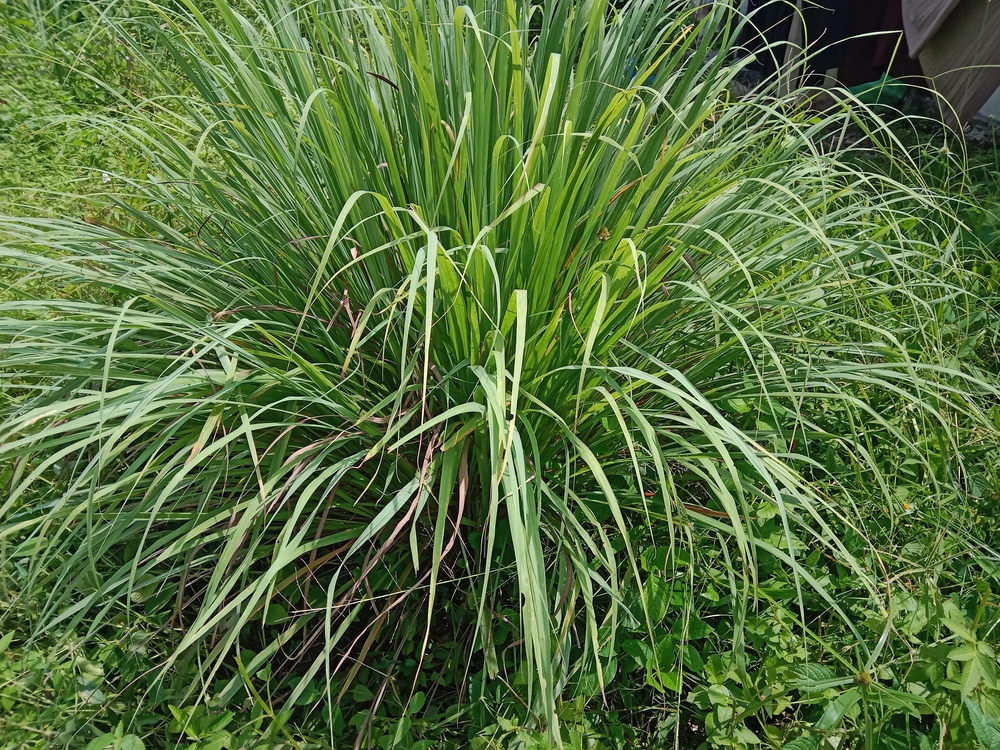
Citronella grass is a favorite among gardeners looking for a natural way to deter mosquitoes. Its citrusy aroma comes from citronella oil, a key ingredient in many bug-repelling products like sprays and candles. This tall grass thrives in warm, sunny environments and can be placed in pots or directly into the ground. When the leaves are brushed or crushed, the scent intensifies, helping to keep mosquitoes at bay. Plant citronella grass along paths, decks, or patios to form a fragrant, effective barrier. Pair it with other pest-fighting species to heighten your garden’s defensive layers.
Basil: Another Tasty Mosquito Repellent Plant
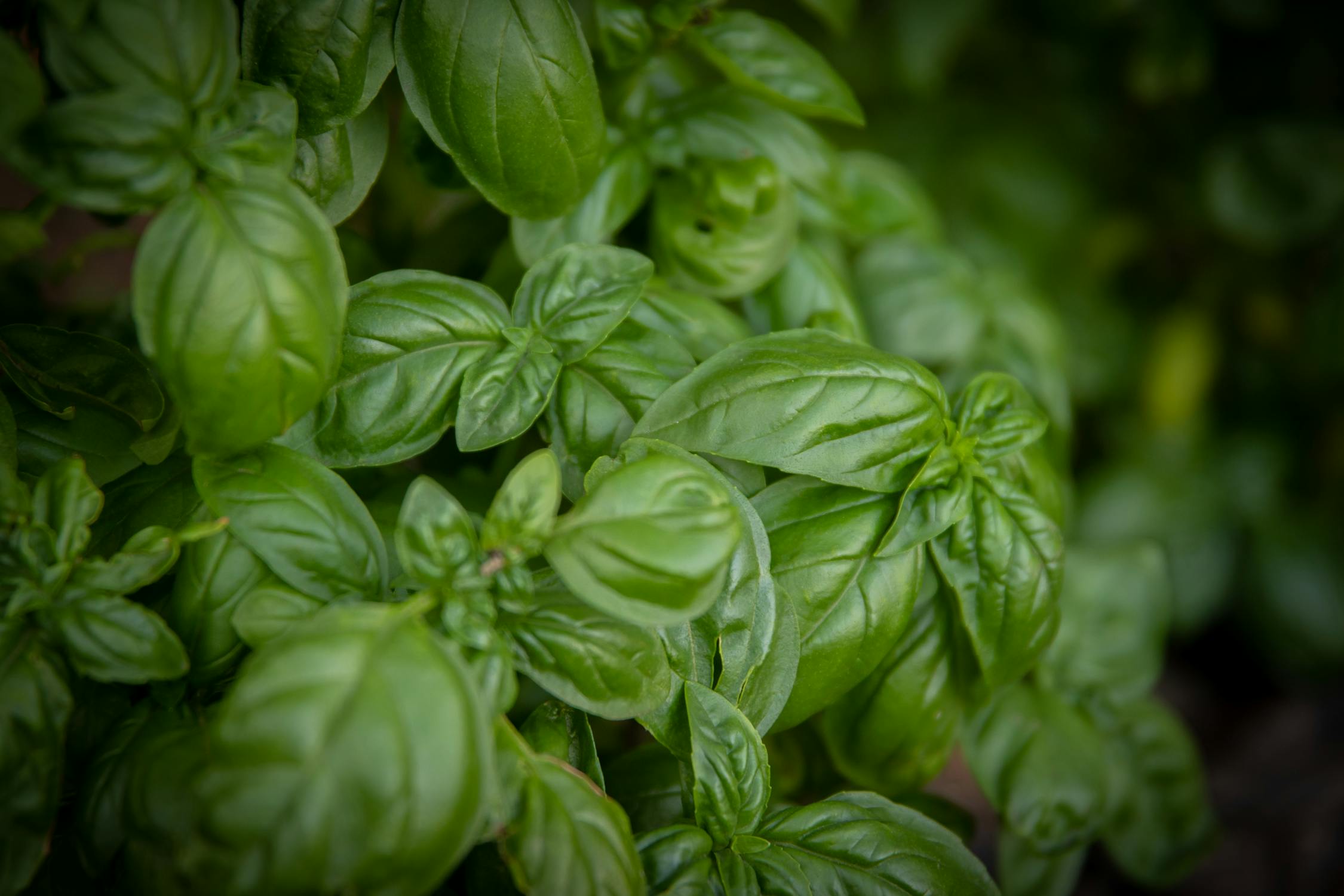
Basil is not only a flavorful herb but also an excellent insect deterrent. Crushing its leaves releases aromatic oils that confuse mosquitoes and make them fly elsewhere. Basil loves warm temperatures, good soil, and plenty of light, thriving in both containers and garden plots. Varieties like lemon and cinnamon basil produce even stronger scents that are particularly effective at repelling pests. Placing basil near cooking and dining areas gives you fresh herbs for meals while fending off mosquitoes. Regular pruning encourages new leaf growth, enhancing basil’s natural pest-repelling qualities.
Catnip: Not Just for Felines
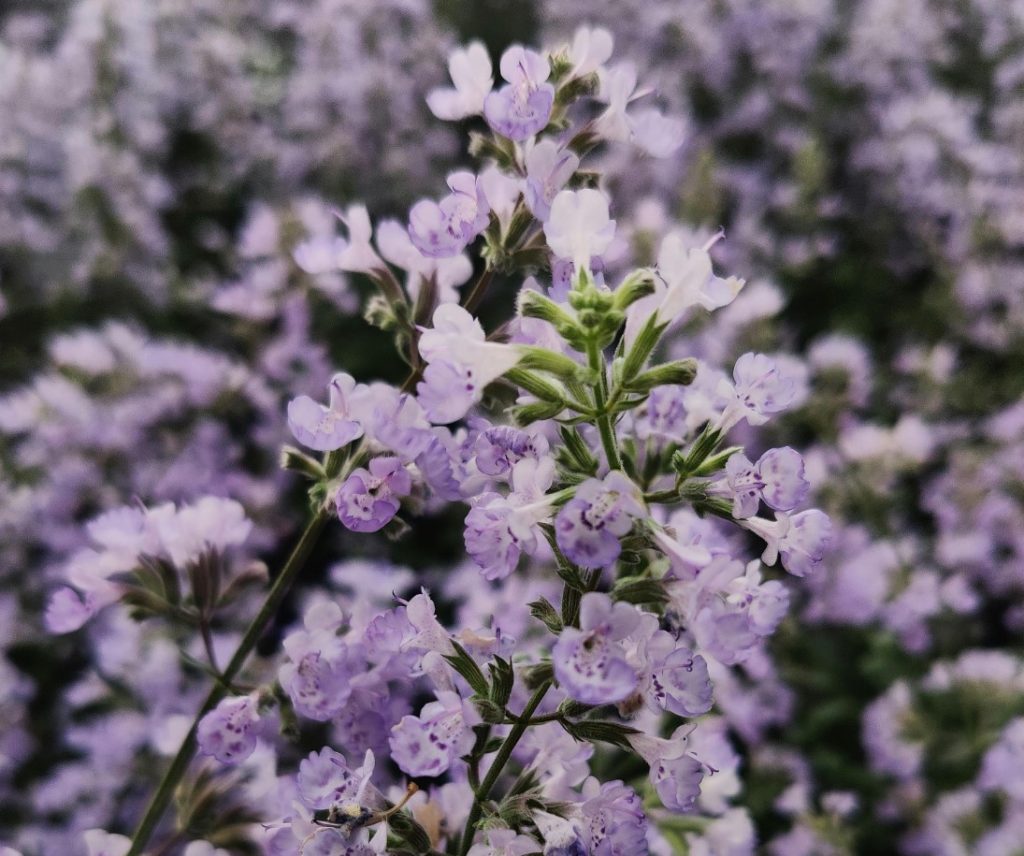
Catnip amuses cats with its unique aroma but drives mosquitoes away with the compound nepetalactone. It adapts well to various climates and grows with minimal effort in pots or backyard beds. Crushed or dried catnip leaves release potent oils, sometimes outperforming store-bought insect sprays. Be ready for curious cats drawn to its scent if you plant it at ground level. You might prefer elevated containers or hanging baskets to control feline visitors. Its easy upkeep and notable bug-fighting power make catnip a solid choice for defending your outdoor space.
Rosemary: A Hardy Herb That Bugs Avoid

Rosemary flourishes in hot, dry settings and produces a strong aroma mosquitoes dislike. This resilient plant thrives in garden beds, containers, or rock gardens with minimal watering. Its needle-like leaves contain oils that repel mosquitoes, reducing their presence around patios and walkways. Burning dried rosemary releases scented smoke, providing extra protection during evening gatherings. Regular pruning helps maintain its bushy growth, ensuring a steady supply of fresh, aromatic leaves. Plus, rosemary adds culinary value, making it a functional and effective plant for pest management.
Read More: The Complete Guide to Having a Snake Plant In Your Home (Benefits, Care, and More!)
Peppermint: Refreshing Fragrance That Keeps Bugs Away
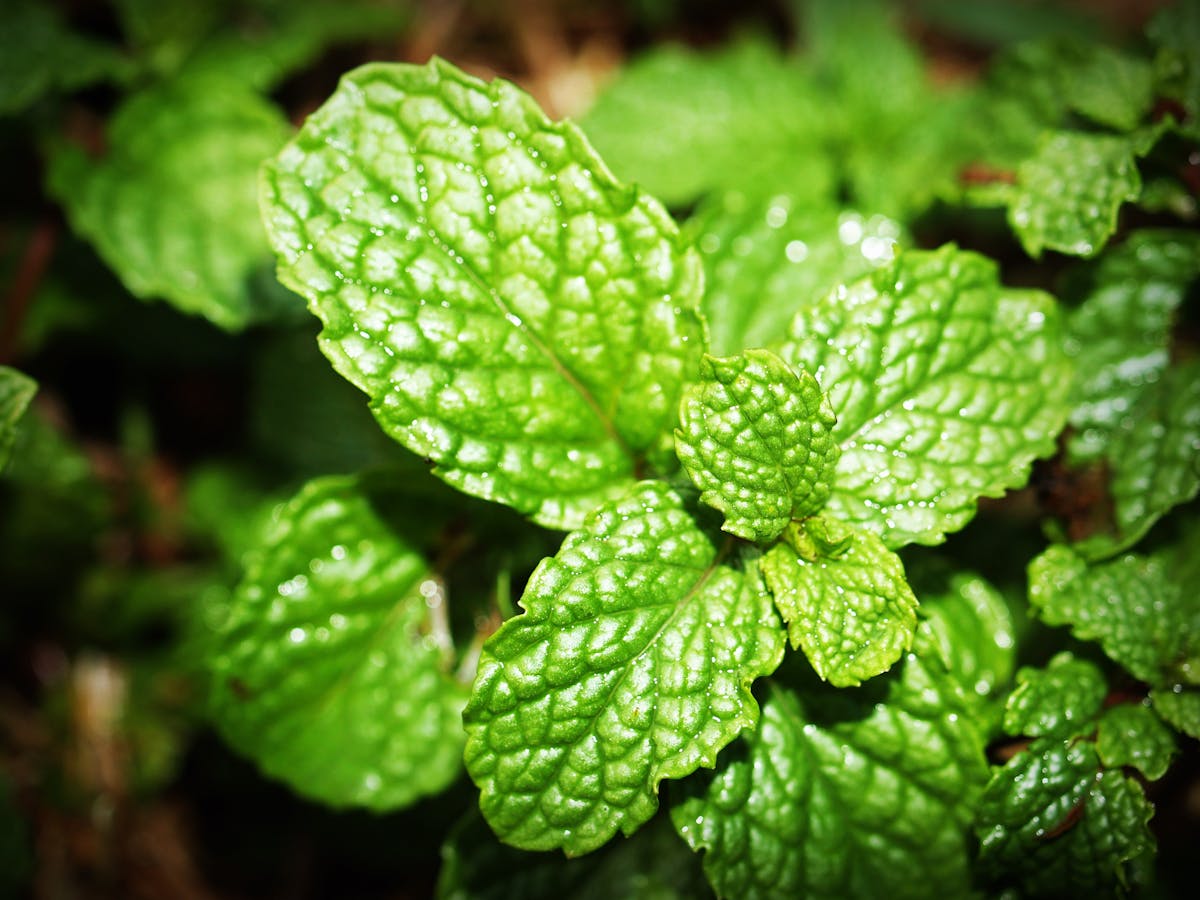
Peppermint’s cooling aroma is delightful to people but disorienting for mosquitoes. Rich in menthol, its leaves are highly effective at driving away mosquitoes and other pests. Peppermint grows quickly, so placing it in pots or contained garden sections is wise to manage its spread. Crushing the leaves enhances their scent, making them ideal for homemade sprays or insect-repellent solutions. Position peppermint near seating areas or doorways for ongoing defense and easy leaf harvesting. It also brings refreshing flavor to beverages and desserts while keeping bugs at bay.
Geraniums: Cheerful Flowers with a Protective Edge

Geraniums are bright, cheerful flowers that add beauty to your garden while protecting it from mosquitoes. Scented geranium varieties produce fragrances that mask human odors, confusing mosquitoes and keeping them away. These robust flowers adapt to various conditions, thriving in pots, hanging baskets, or garden beds with plenty of sunlight. Regularly removing spent blooms encourages fresh growth and maintains their mosquito-repelling properties. Plant them near entrances, patios, or high-traffic areas for a blend of aesthetic appeal and insect protection. Their easy care makes them ideal for both beginners and experienced gardeners.
Eucalyptus: Strong Defense with a Menthol Scent

Eucalyptus is a powerful mosquito repellent plant with a distinct menthol aroma. It grows quickly in warmer climates, making it suitable for large pots or direct planting in the ground. Its leaves contain cineole and citronellal, compounds that confuse mosquitoes and limit their ability to locate humans. Bruising a few leaves releases the sharp scent, creating a protective barrier around outdoor spaces. Regular pruning encourages new growth, maintaining the plant’s natural pest-fighting power. Dried eucalyptus leaves are also versatile, useful in homemade sprays, sachets, or potpourri for indoor mosquito protection.
Read More: 7 Common Houseplants That Actually Don’t Belong in the Home
Make Your Yard Pest-Free
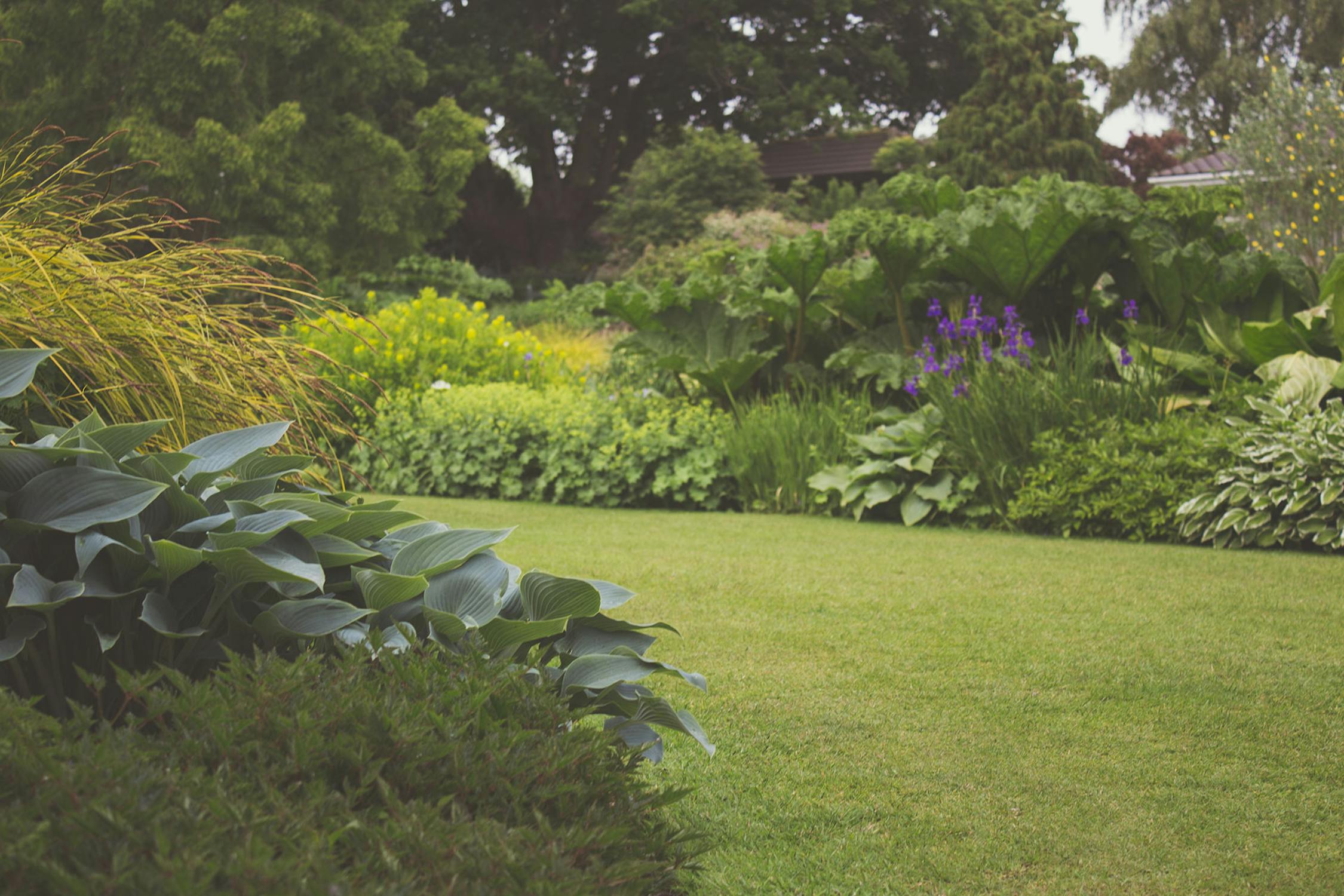
Strategically placing a variety of these mosquito repellent plants can create a more comfortable outdoor space. Combining flowers, herbs, and grasses ensures a multi-layered defense against mosquitoes. While these plants help reduce mosquito activity, using additional methods like eliminating standing water and lighting citronella candles boosts protection. Consider planting them in raised beds, borders, or container gardens for flexible arrangement options. A thoughtful mix of these mosquito repellent plants can turn your backyard into a peaceful, bite-free retreat, letting you enjoy the outdoors without the constant buzz of mosquitoes.

